The legal standoff between Senator Natasha Akpoti-Uduaghan and the National Assembly deepened Wednesday as the embattled lawmaker, through her legal team, fired a robust response to the federal legislature’s rejection of her request to resume legislative duties.
She maintained that the July 4, 2025 judgment of the Federal High Court in Abuja was not merely advisory but a binding directive requiring her recall.
In the strongly worded letter tagged ‘Rejoinder’ dated July 14, 2025, Akpoti-Uduaghan’s legal team, led by Michael Jonathan Numa (SAN), contested the interpretation offered by the National Assembly in its earlier correspondence.
The Assembly had argued that the court did not issue an enforceable order compelling the Senate to reinstate the suspended senator, describing the judgment instead, as a recommendation.
But Akpoti-Uduaghan’s lawyers disagreed, asserting that the language and structure of the court’s ruling clearly point to a mandatory order.
The legal team argued that the phrasing of the judgment, “It is hereby ordered…” followed by 12 substantive pronouncements, particularly highlighted Order 12 which states that “the Senate should recall the plaintiff”.
The letter stated: “The use of the word ‘should’ must be understood within the broader context of the judgment.
“It is not merely suggestive, but directive when considered alongside the tone, intent and judicial concern for the disenfranchisement of Kogi Central constituents.”
The legal team further described the National Assembly’s interpretation as “a narrow and self-serving reading” of the court’s ruling, insisting that the Senate is duty-bound to comply, not merely consider.
According to the letter, “We acknowledge receipt of your letter dated 14th July 2025, referenced as above, and appreciate your prompt attention to this matter.
“However, with the utmost respect, we must disagree with your interpretation of the enrolled Judgment Order.
“Specifically, we contest the view that the court’s pronouncement in the referenced matter constitutes a mere advisory opinion rather than a binding directive requiring the Senate to recall Senator Natasha Akpoti-Uduaghan.
“It is important to note that the preamble of the enrolled order begins with the words ‘IT IS HEREBY ORDERED,’ and proceeds to enumerate twelve distinct and substantive orders issued by the court.
“Of particular relevance is Order 12, which states in part: ‘the Senate should recall the Plaintiff.’
“While the term ‘should’ is employed instead of ‘shall,’ the overall context and structure of the enrolled judgment order, when read in its entirety, clearly support a mandatory interpretation of that directive.”
This latest exchange follows a letter issued by the National Assembly’s Legal Services Directorate, signed by Charles Yoila, Director of Litigation and Counselling, rejecting Akpoti-Uduaghan’s request to return to the red chamber.
The letter, addressed to Numa (SAN), cited the court’s language as lacking the force of compulsion.
The National Assembly lawyer had written: “There is no order made on the 4th day of July, 2025 by Hon. Justice B.F.N. Nyako for the Senate, President of the Senate or National Assembly to comply with.
“The declaratory judgment merely advised the defendants (lawmakers) to exercise their power to recall Senator Natasha Akpoti-Uduaghan.”
The impasse arises from Akpoti-Uduaghan’s controversial suspension in May 2025 on grounds of what the Senate leadership termed ‘unparliamentary conduct’ and ‘gross misconduct.’
However, critics have widely condemned the move as politically motivated, targeting the senator over her growing influence and outspoken criticism of budget irregularities affecting her constituency.
Following her suspension, Akpoti-Uduaghan had filed suit FHC/ABJ/CS/384/2025 against the Clerk of the National Assembly and others.
She argued that her suspension was unconstitutional and deprived the people of Kogi Central of their democratic representation.
In a judgment delivered on July 4, 2025, Justice B.F.N. Nyako acknowledged the implications of the suspension on democratic governance.
While the court did not issue a mandamus to force the Senate to act, it urged the leadership to “recall the plaintiff” in the spirit of upholding representative democracy.
Despite this, the Senate had refused to act, with Senate President Godswill Akpabio yet to make any public statement on the matter.
Sources within the red chamber suggest there is internal disagreement on how to proceed, with factions either pushing for compliance with the court’s moral guidance or resisting on political grounds.
For instance, in an interview with Channels Television last week, the senator representing Bayelsa West, Seriake Dickson, threw his weight behind the embattled Kogi Central Senator and urged the red chamber to employ political solutions to resolve issues surrounding her suspension.
The senator herself had maintained a measured silence since the judgment, issuing only a short statement on July 5 to thank her supporters and reiterate her commitment to serve Kogi Central.
However, her legal team has been unrelenting in its push for her reinstatement.
As the legal and political drama unfolds, analysts say the National Assembly’s handling of the matter could shape public trust in the legislature.

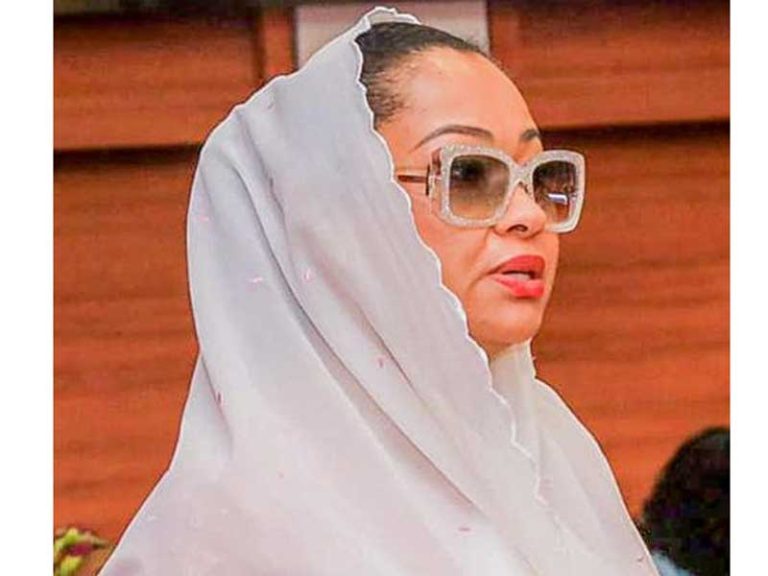
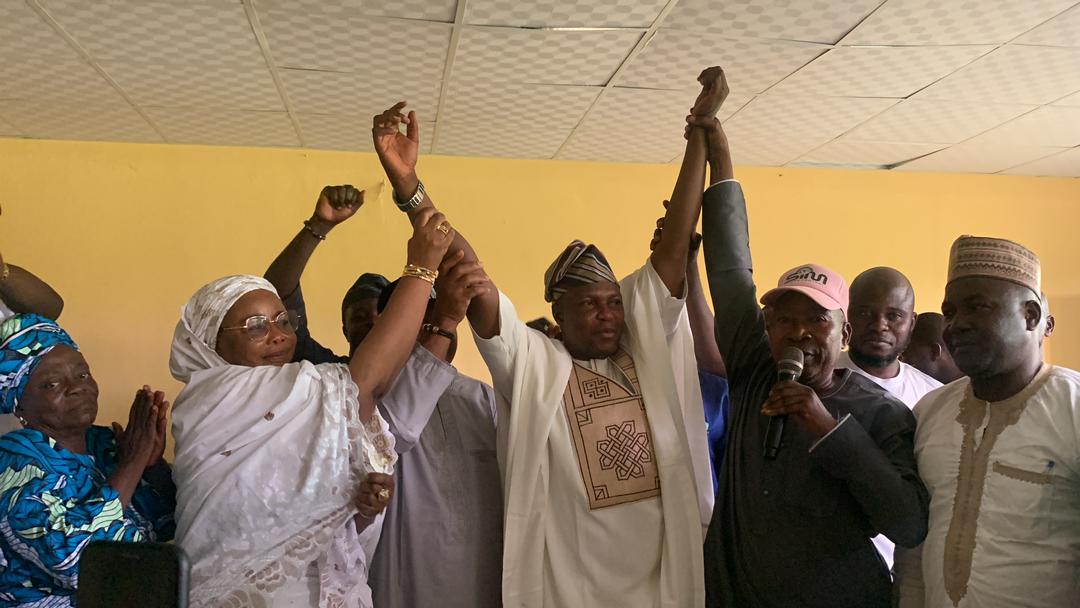



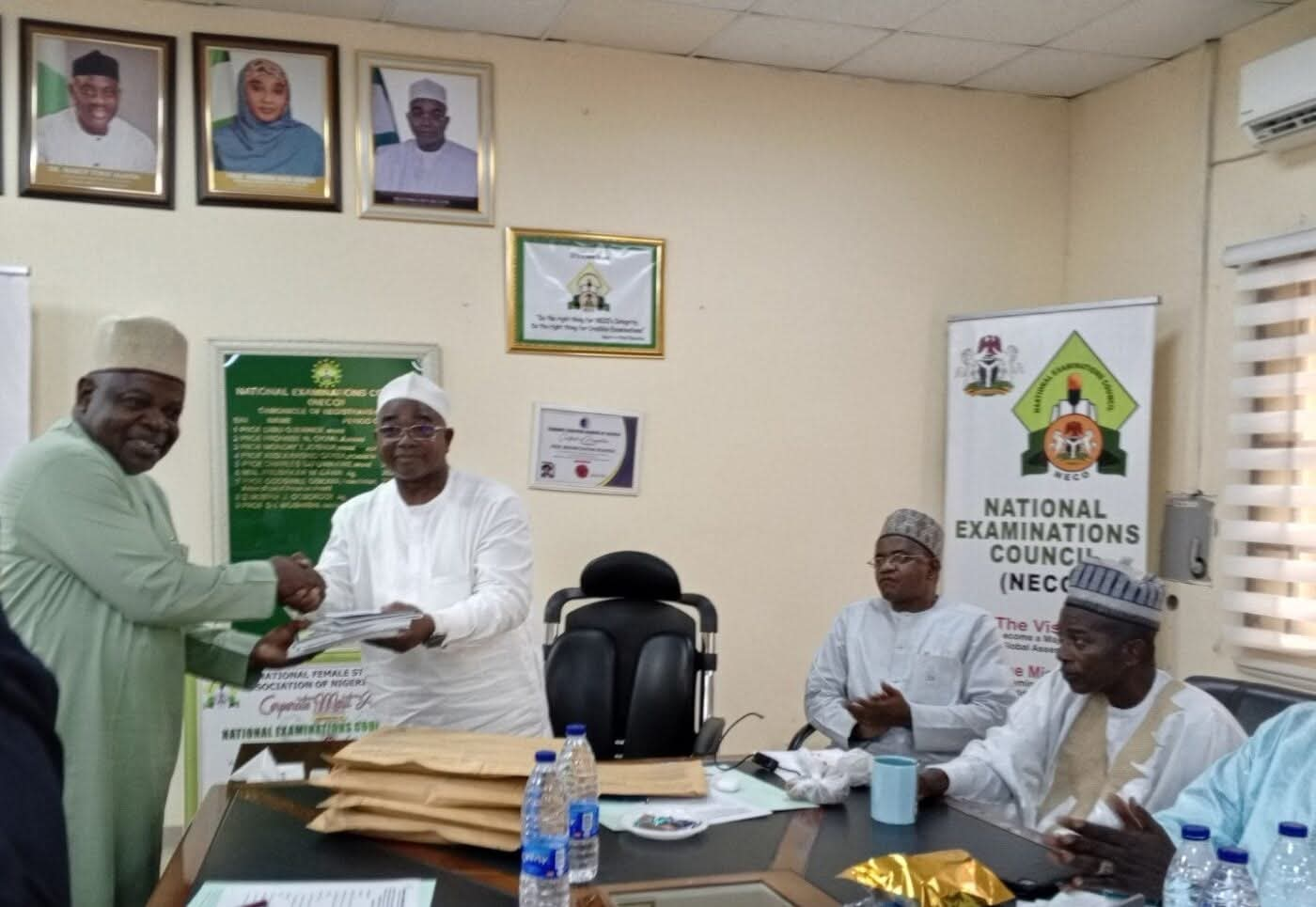

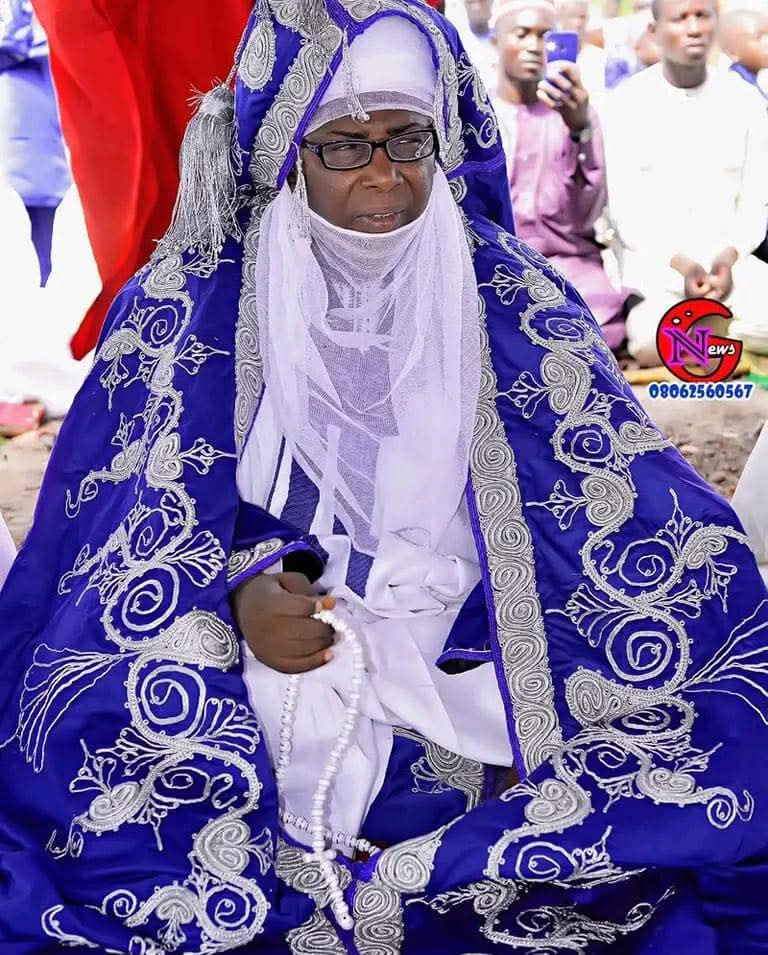

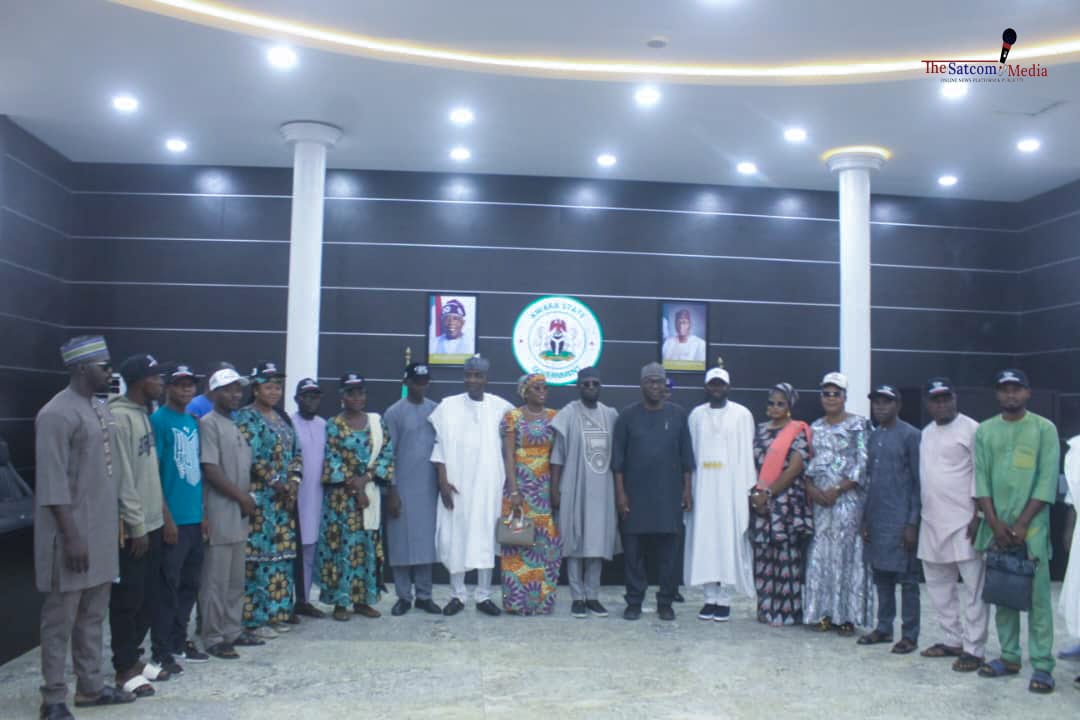

Leave a Reply